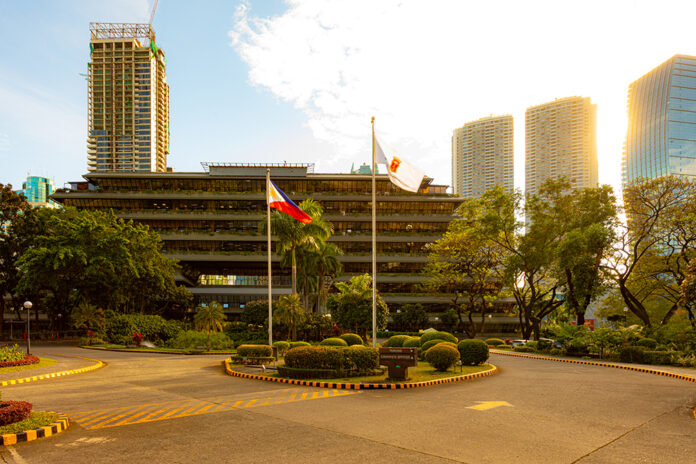San Miguel Corp. (SMC) reported a more than four-fold surge in first-quarter net income to ₱43.4 billion, up from ₱8.9 billion a year earlier, driven primarily by a one-time gain from the partial sale of power assets and foreign exchange adjustments, the diversified conglomerate said on Wednesday.
Excluding the non-recurring gains, SMC’s core net income rose 31 percent to ₱19 billion, underscoring the underlying strength of its food, liquor, and infrastructure businesses amid headwinds in energy and fuel markets.
Total revenue declined 8 percent to ₱360.9 billion, impacted by lower crude prices affecting its fuel subsidiary Petron Corp., and reduced contributions from its power arm due to the deconsolidation of the Ilijan Power Plant. Still, strong domestic sales at Petron and robust toll road performance by SMC Infrastructure helped stabilize overall results.
San Miguel Global Power booked ₱26.4 billion in net income, including ₱21.9 billion from the asset sale. Even excluding the gain, net income more than doubled to ₱4.5 billion, signaling operational improvements across remaining assets and new contributions from battery energy storage systems (BESS).
Petron’s net income rose 2 percent to ₱4 billion, supported by steady operations and improved margins. SMC Infrastructure posted a 7 percent rise in revenue and a 10 percent increase in operating income to ₱5.3 billion, buoyed by continued traffic growth on its toll roads.
The cement segment, which includes Eagle Cement and affiliates, saw a 4 percent dip in revenue to ₱8.9 billion due to softer prices and heightened import competition. Despite this, sales volumes edged up 1 percent, with EBITDA slipping 5 percent to ₱2.5 billion.
Chairman and CEO Ramon S. Ang described the results as a “good start to the year,” affirming the company’s focus on responsible growth. “Despite some challenges, our businesses remained resilient and continued to perform well,” Ang said.
The performance highlights SMC’s strategic pivot to unlock value from its assets while reinforcing its core businesses, as it continues to position itself for long-term, inclusive growth across the Philippine economy.







